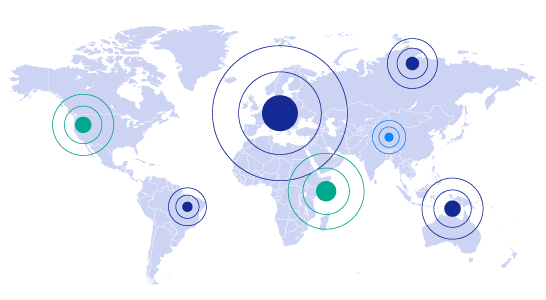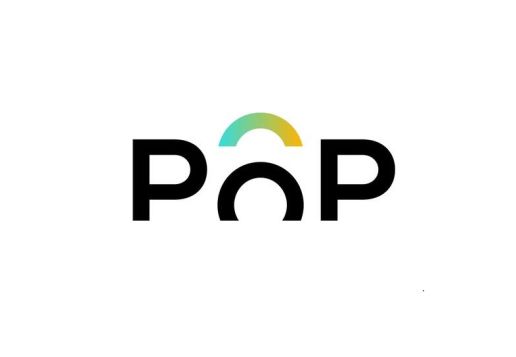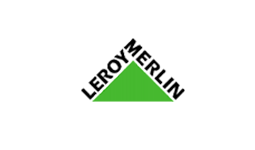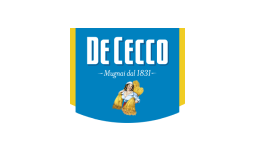Mandatory Electronic Invoicing in Slovakia
Learn how to get your company ready to exchange documents in accordance with regulations in Slovakia with the support of Comarch
Learn how to get your company ready to exchange documents in accordance with regulations in Slovakia with the support of Comarch

Currently, electronic invoicing in Slovakia is voluntary for both B2B and B2G transactions. Public entities must, however, be prepared to receive e-invoices when the supplier decides to send them in this form. As part of the test phase, effective from June 1, 2022, all suppliers can issue electronic invoices for public authorities, and only certain B2G transactions exceeding €5,000 are mandated to use e-invoicing via the new government IS EFA interface.
On August 11, 2025, the Slovak parliament introduced a draft VAT Amendment bill aimed at introducing legal grounds for an e-Invoicing mandate starting from January 1, 2027. This early draft will require all VAT-taxpayers to issue electronic invoices for the vast majority (with some exceptions, mostly in retail settings) of domestic transactions in both B2B and B2G relationships.
The Slovak government plans to introduce a new CTC (Continuous Transaction Controls) system for B2B and B2C transactions, which is expected to become mandatory from January 1, 2027. Real-time transaction reporting is also included within this system.
For the submission of invoices, the CTC system named IS EFA (Informačný Systém Elektronickej Fakturácie) supports two main invoice submittal methods:
For foreign suppliers of Slovakian public authorities, a separate procedure for e-invoicing applies. They have to send an e-mail with the invoice attached to an official government e-mail address.


Since January 2022, the Slovakian financial administration has been publishing a list of all bank account numbers officially registered by companies. This list is updated daily. Any payment to settle an invoice must be made to a bank account contained in the list. If an unregistered account is used, the invoice issuer’s VAT obligation will become applicable to the invoice recipient as well. The list of registered bank accounts can be checked on the Internet. Likewise, it is possible to download it as flat file which can be used to automate the validation process.

The format required for electronic invoices in Slovakia is XML based on the UBL 2.1 standard. Draft legislation introducing an e-invoicing mandate from January 1, 2027, specifies that invoices must be exchanged in a Peppol-compliant format.

Required storage period is 10 years.

Integrity and authenticity are ensure by for instance Qualified Electronic Signature. Data sealed with a qualified electronic seal enjoy the presumption of integrity and authenticity as well.

Comarch will be applying for an accredited service provider status to ensure readiness ahead of the January 2027 deadline.
We have 20+ years of experience in carrying out various EDI, e-invoicing, and other document exchange projects around the world. In those years, we have successfully connected more than 130,000 entities from over 60 countries.
Full compliance with the latest data exchange regulations and modern data transfer standards
Applying new technologies and IT solutions in order to streamline workflows and automate activities and procedures
Tailor-made solutions based on processes specific to each company – own road map and a suitable pace of changes
Highest level of security for all sensitive and important company data
If your company is based or has branches in the Slovakia and you need to prepare your billing and tax systems to comply with the new requirements. Click on the button below to get in touch with one of our experts.

Make sure your business meets international standards with the Comarch e-Invoicing platform, trusted in more than 60 countries. Enjoy hassle-free integration and continuous compliance updates.


























